With newly-developed vaccines, a recently-approved relief package, and a Biden-Harris Administration, 2021 brings a renewed hope of relief for tens of millions of Americans reeling from the COVID-19 pandemic. A flurry of recent legislation aims to provide housing and unemployment relief to our most vulnerable communities. The Federal eviction moratorium has been extended through the end of March 2021, and the most recent stimulus package includes $25 billion in emergency rental assistance. The Continued Assistance Act provides a one-time $600 stimulus payment to qualifying Americans, extends the extra $300 per week of Federal Pandemic Unemployment Compensation (FPUC), and increases Pandemic Unemployment Assistance (PUA) and Pandemic Emergency Unemployment Compensation.
But as we saw from the highly flawed deployment of CARES Act housing and unemployment aid, if this large-scale roll out of rental assistance and unemployment insurance is not handled correctly, it will leave our most vulnerable residents behind, further deepening existing inequities.
After almost a year of experience, what have we learned about delivering aid to those who need it most? How do we ensure the public is better served by the implementation of policies and services that are intended to benefit them? What can different states and localities learn from each other’s experiences and how can we design better systems to ensure that we move from disaster to recovery in the most equitable way?
Please join New America’s Future of Land and Housing Program and New Practice Lab to explore what went wrong in 2020 - via the recent findings of our Displaced in the Sunbelt report and Unpacking Inequities in Unemployment Insurance report - and hear from housing and unemployment insurance experts on how to improve the roll-out of this critical assistance in 2021.
Back to All Events
Earlier Event: February 5
A Virtual Public Briefing: Future Ready Columbus
Later Event: February 9
Rental Protection Legislation for Local Governments

